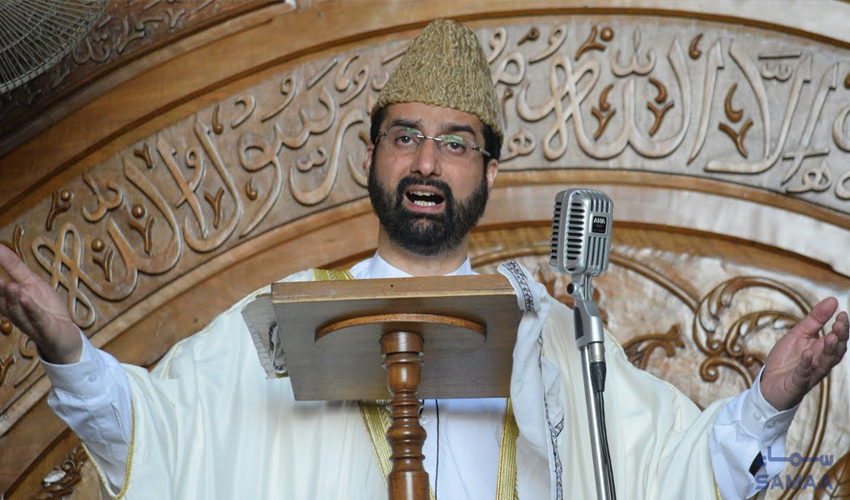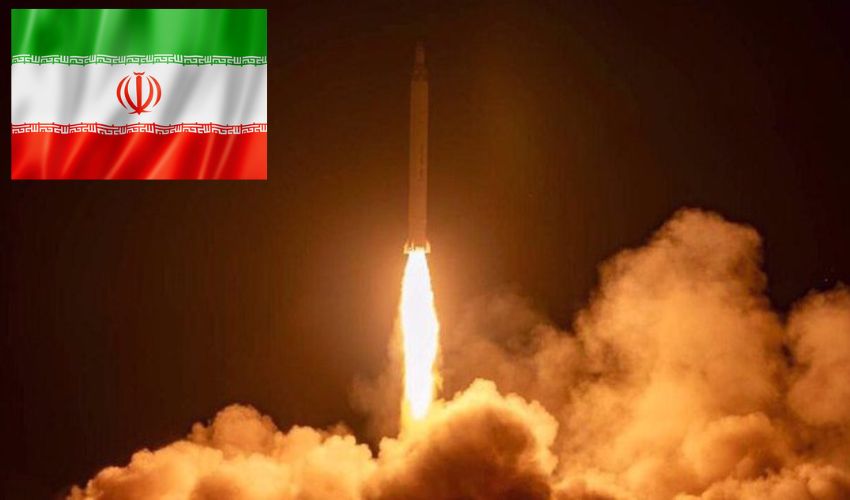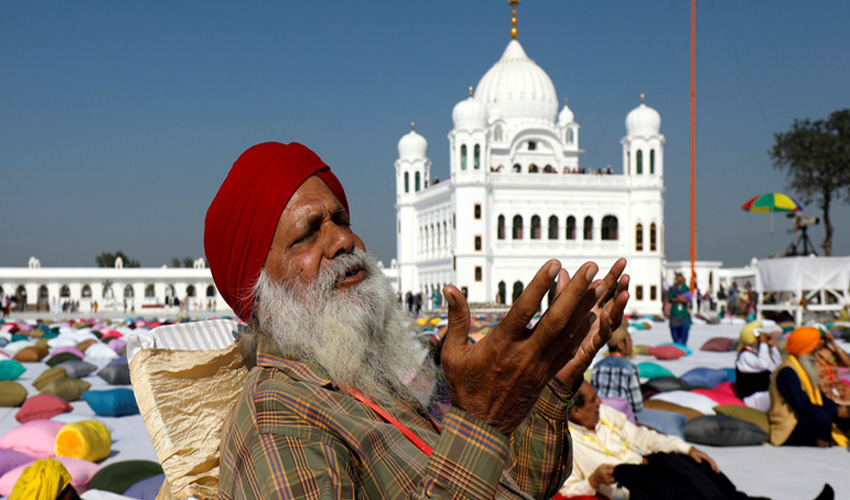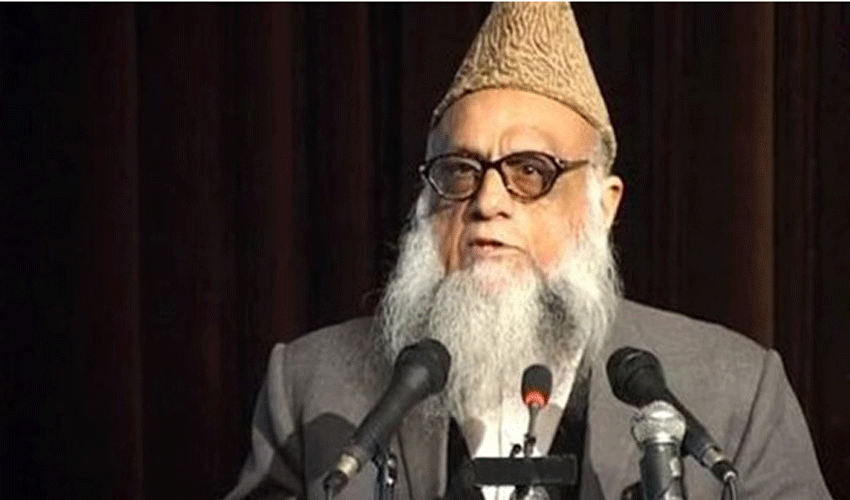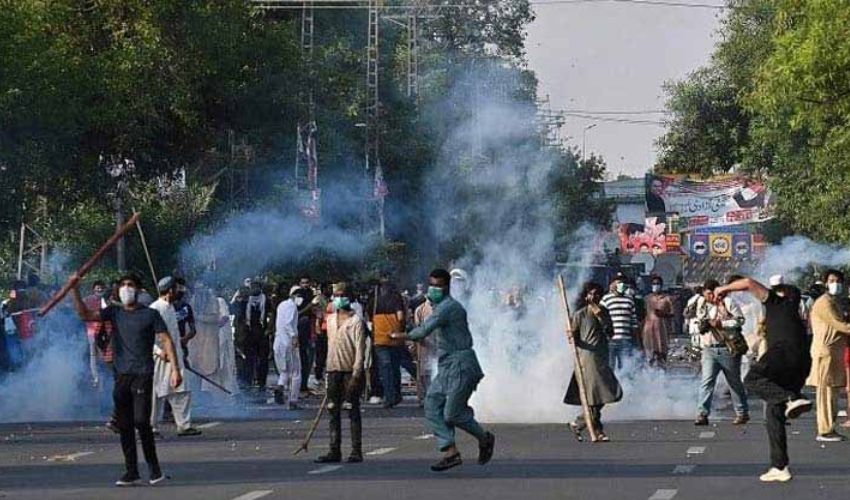Prominent Hurriyat leader Mirwaiz Umar Farooq has been freed from his four-year-long house arrest in the Indian Illegally Occupied Jammu and Kashmir (IIOJK) region.
This significant development follows his detention in 2019 when India revoked Kashmir's special status, plunging the region into political turmoil. After his release, Mirwaiz was allowed to lead Friday prayers in Srinagar, the principal city of the disputed territory.
Mirwaiz, aged 50, was visibly emotional as he addressed the congregation from the pulpit of a historic mosque in Srinagar. His return to public life was met with tears of joy from numerous supporters who had awaited his release.
During his years of confinement, Mirwaiz played a pivotal role in orchestrating protests against Indian governance in the contested region. His arrest coincided with India's decision to strip Kashmir of its statehood, separate constitution, and longstanding land and job protections.
The decision to release Mirwaiz was conveyed to him by senior police officials, who visited his residence and informed him of the authorities' decision to end his house detention and permit him to attend Friday prayers at Jamia Masjid, a significant mosque in Srinagar.
This development comes shortly after the government released two other prominent religious leaders, Moulana Mushtaq Veeri and Moulana Dawoodi, from detention under the Public Safety Act, a law that allows for detentions without trial for up to six months.
While Mirwaiz's release marks a positive step, many Kashmiri separatist leaders, several of whom remain under house arrest or in police custody, remain committed to their cause.
They demand that New Delhi recognize Kashmir as a disputed region, release political prisoners, repeal stringent emergency laws, and outline a plan for the demilitarization of Kashmir.
The occupied Kashmir, a predominantly Muslim region, is illegally occupied by India. A small portion of Kashmir is also under Chinese administration.
While Mirwaiz's release offers a glimmer of hope for Kashmir's future, his extended period of house arrest ranks second only to the late Syed Ali Geelani, an 89-year-old Hurriyat leader who passed away while under house detention in September 2021.





